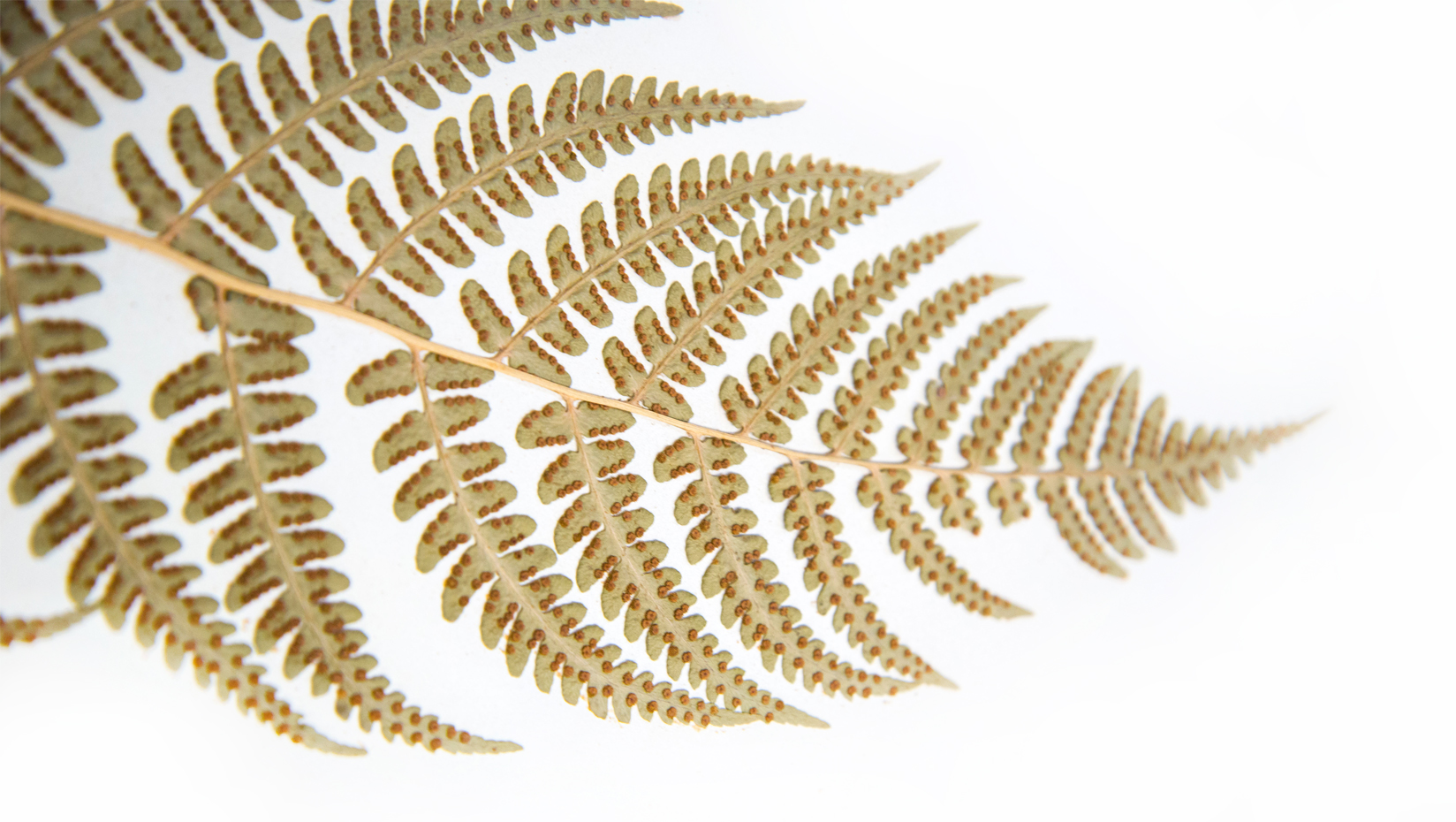
UMaine receives NSF awards to enhance America’s biodiversity collections
Centuries of discoveries that document the diversity of life on Earth will be more accessible than ever with the help of National Science Foundation grants awarded to institutions across the country, including the University of Maine.
The initiative will allow scientists and the public to view online collections of plant and fungal specimens that once could only be seen by visiting a herbarium, a facility where dried collections reside.
“By providing this treasure trove of historical and current data on the diversity of organisms to scientists, they can study factors, such as past changes in climate, land use, and others on biodiversity and allows us to plan for future disturbances and what their effects may be,” says Seanna Annis, professor of mycology at UMaine and principal investigator for one of the awards.
Maine received a total of $106,000 for two of the seven projects funded in the fifth round of NSF’s Advancing Digitization of Biodiversity Collections (ADBC) program. To date, ADBC has made a total of more than $5.8 million in awards to scientists from nearly 50 U.S. institutions.
The ADBC program supports more efficient, innovative ways to access research collections from institutions across the country. The program funds two types of projects — Thematic Collections Networks (TCNs) and Partners to Existing Networks (PENs). UMaine received two PEN awards, which are intended to allow universities that were not fully ready to participate in the initial TCNs to add their collections.
Christopher Campbell, professor of plant systematics at UMaine and principal investigator for one award, believes that understanding biodiversity is critical. “We depend on diversity for food, water, clothing, shelter, many medicines and other beneficial attributes,” he says.
The first award of $68,000 supports the addition of approximately 33,000 of the 55,000 plant specimens from the UMaine Herbarium to the existing New England Vascular Plant Network. The network is focused on understanding climate and land use change in New England.
The UMaine Herbaria — which aims to document the diverse flora of Maine — is comprised of comprehensive, organized collections of plants, fungi, lichens and mosses collected over the past 170 years. The space provides a repository of specimens for educational purposes and is a valuable resource for climate change research.
“Plants track seasonal changes in temperature, and their phenology therefore shifts as climate changes,” says Campbell.
“Over 160 years ago, Henry David Thoreau recorded flowering times of plants around Walden Pond in Concord, Massachusetts. Today, flowering times of the same species are up to three weeks earlier in response to the earlier arrival of spring.”
The second award of $38,000 will support the addition of digital records of approximately 8,000 macrofungi specimens from UMaine’s Richard Homola Mycological Collection to the Macrofungi Collection Consortium. The consortium works to understand the diversity of macrofungi, which like their smaller cousins microfungi, are integral members of many ecosystems.
Macrofungi play important roles in decomposition and nutrient recycling, biological control and providing mutually beneficial interactions with plants that affect both organisms’ distribution, interactions with other species and evolution, says Annis.
The National Science Foundation’s full press release is online.
Contact: Amanda Clark, 207.581.3721
